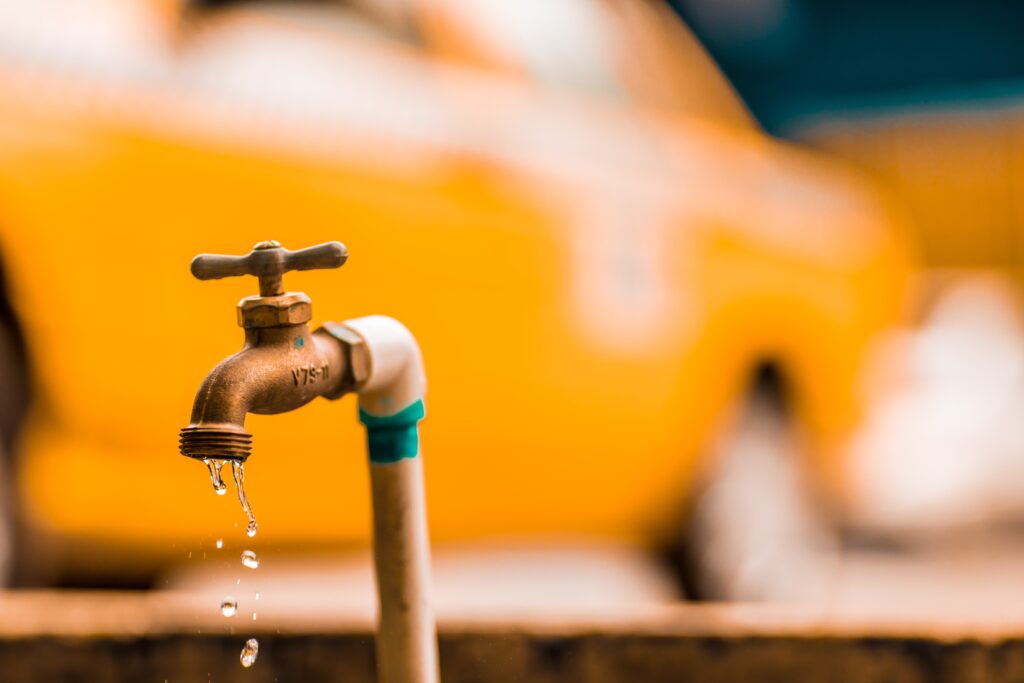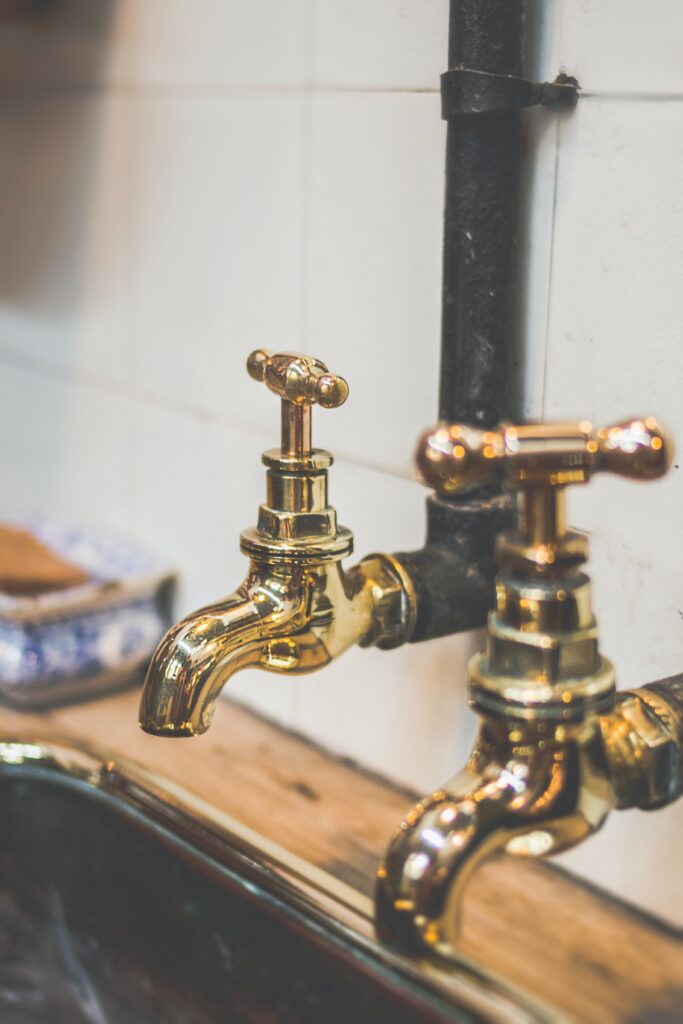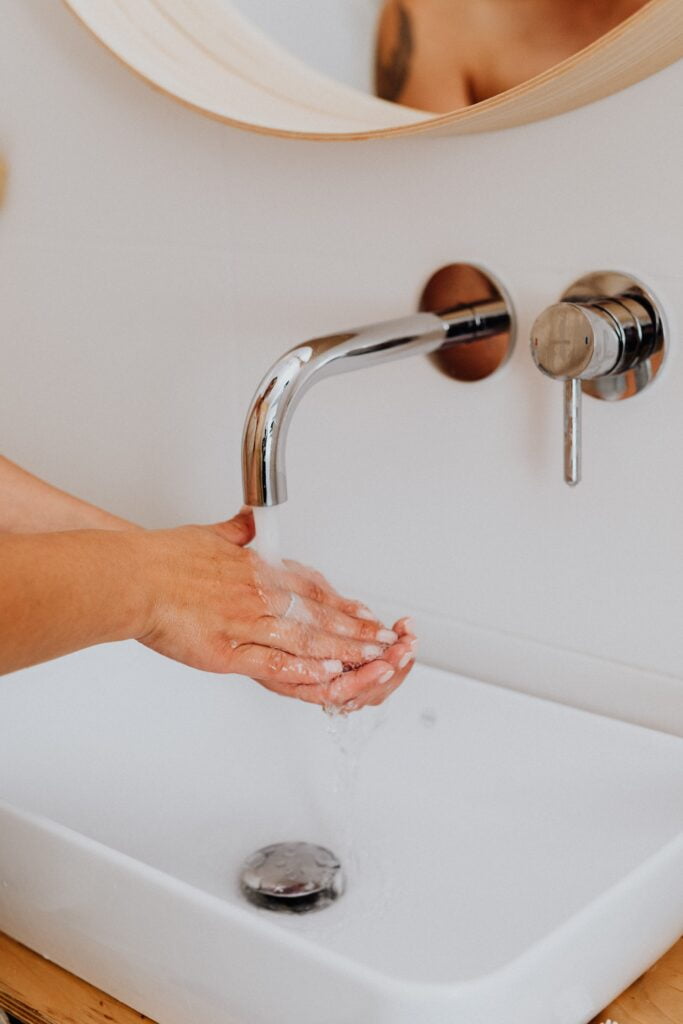Leak detection has seen a complete turnaround from traditional disruptive, labour intensive and costly methods. Modern technology has ensured that leak detection is achievable in a fast and efficient manner. There is no need for excavation in search of leaks with domestic and commercial environments offering little to no challenge to leak detection companies.
The ultra-modern equipment used by these companies enable the fast-tracking of the source of the leaks and with no damage to your property. It’s just amazing what they are capable of doing. Leak detection by ADI would give you a rough overview of some of the methods they use to accurately pinpoint the location of these leaks. It is no surprise that most people are constantly searching on leak detection and here are some of the most frequently Asked Questions.

Leak Detection: Frequently Asked Questions
- How to tell the signs of hidden leaks?
If you suspect you have a hidden leak, there are signs to check for, check for water pooling on the floor, areas outside that are greener than the surrounding grass, sunken areas outside, unusually high water bills and a running marker on the meter when the water is off. Any of these signs would mean that you inevitably have a leak that should be checked out.
- How much does leak detection cost?
This will vary depending on several factors. Is it a private or business residence? Which company are you using? What type of leak is there? All these factors come into play when determining the total cost of leak detection. A quote from Leak detection by ADI reveals that experts arrive to assess the problem and deliver a realistic quote before making the necessary repairs. This means that most companies will offer realistic prices to have your issue fixed.
- What conditions can interfere with leak detection?
Leak detection uses specialised equipment that can detect leaks from underground up to 2.5 meters below the surface. They use devices that listen for exact leak locations. This means that some external factors that interfere with water movement can create sounds that resemble those of water leaks. Examples of such interference include noise from wind, water usage during leak detection, rain and different weather-related issues. Hidden leaks mostly rely on sound and these factors can hinder an investigation. However, experts are used to such conditions and will manage.

- What is the relationship between other plumbing issues and Leaks?
Leaks come with several issues, shifting of foundation, erosion, hard water, and dated plumbing are just some of the results of leaks. Leaks further lead to other plumbing issues that include rusting of pipes, low water pressure and pipe bursts. An expert has the skills and tools to assess the situation and make an advanced judgement on the cause of the problem. It is therefore essential that you contact the professionals in case of any sightings of a leak to prevent further damage.
- How do plumbers perform leak detection?
Hidden leaks mount the hardest challenge, however, state-of-the-art equipment is used in such instances and the most common include:
- Acoustic Listening Devices. These are used to listen for leak locations of both internal and external. They are very accurate in predicting the source of the leak and can listen up to 2.5 meters below the surface.
- Thermal Imaging Cameras. These are used to view any damps on walls and floors. They trace the route of the hot and cold water pipes on any surface. This method is usually very quick and effective.
- Tracer Gases. hydrogen and nitrogen are safely mixed and forced into the pipe at safe pressures. The gases then located the source of the water leak and are very effective due to their small molecules that are lighter than those of the water.
- Leak Correlators. They use electric pulses to pinpoint leak locations up to 600 meters in length and are mainly for large scale external areas like fields, farms, driveways, airports, etc.
These techniques greatly improve the speed and accuracy of tracing and locating the main source of leaks enabling the plumbers to fix and repair your leaks as soon as even one day.
- What information is needed to find a leak effectively?
Information is always vital; the more information you have the quicker it will be to locate the issue at hand. Most companies will require you to at least know a thing or two about the leak to help them quickly determine the source. Here are some of the best questions to ask yourself before effectively detecting a leak.

- What material is the plumbing system made of? Steel, plastic and copper are the main materials used in plumbing.
- What length is the system?
- Where are the taps located?
- Are there any utility maps that can be made available to the experts?
Leak detection should not be a growing menace, when proper measures are followed it can easily be controlled and mitigated. According to a leak detection by ADI expert high water bills can significantly be reduced if leaks are eradicated. It’s a collective effort that requires a lot of work to achieve success.


1 comment